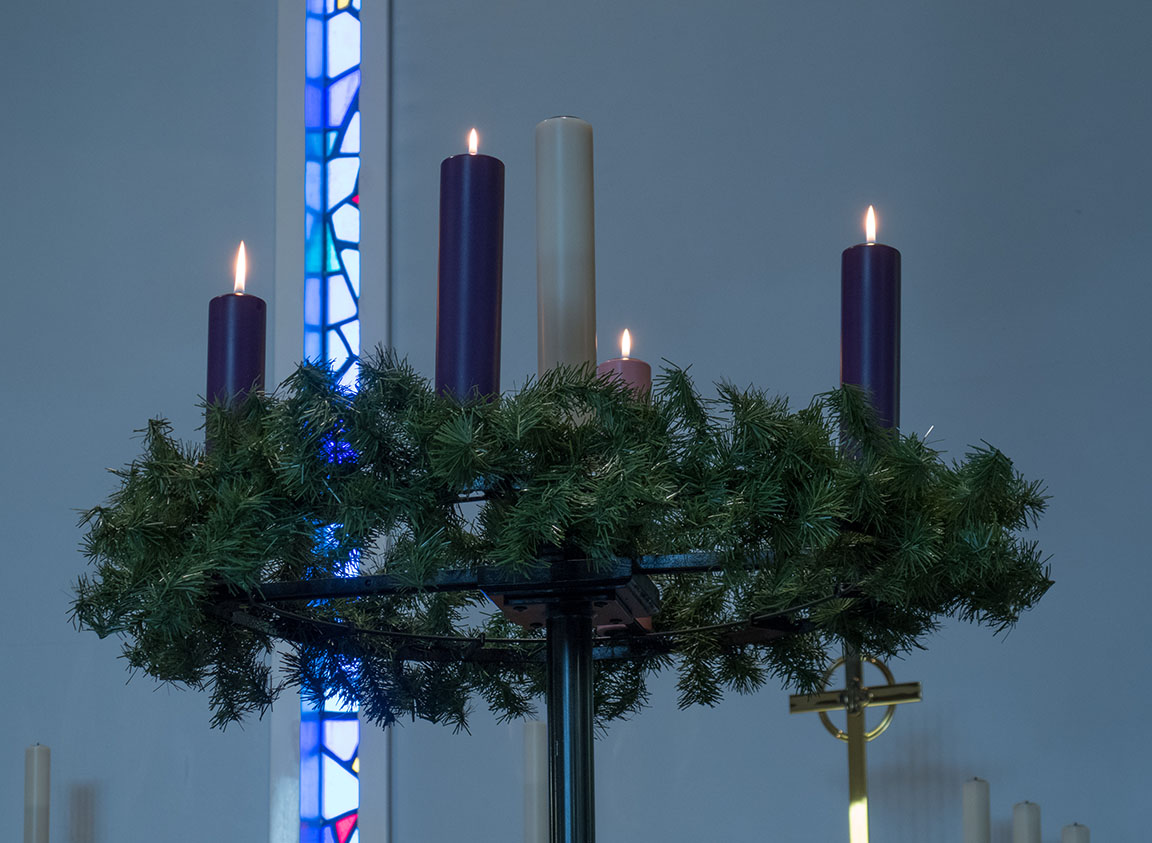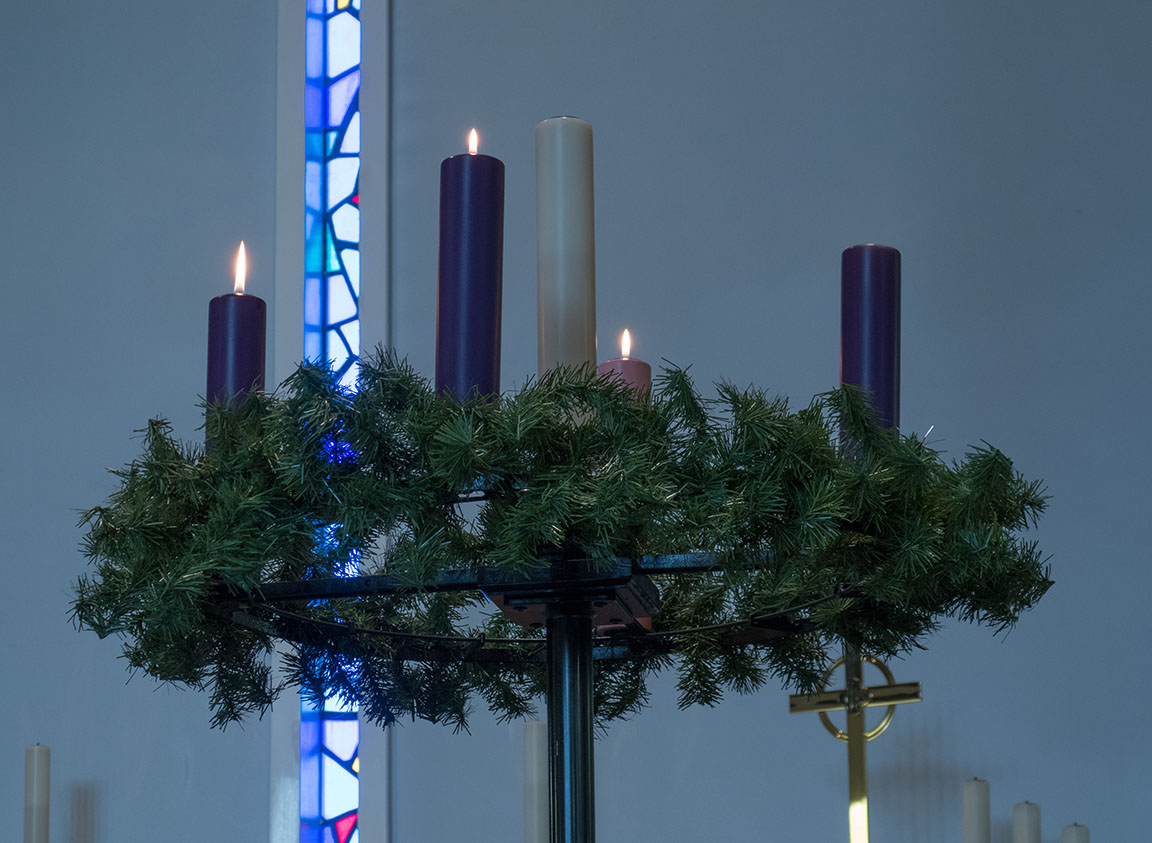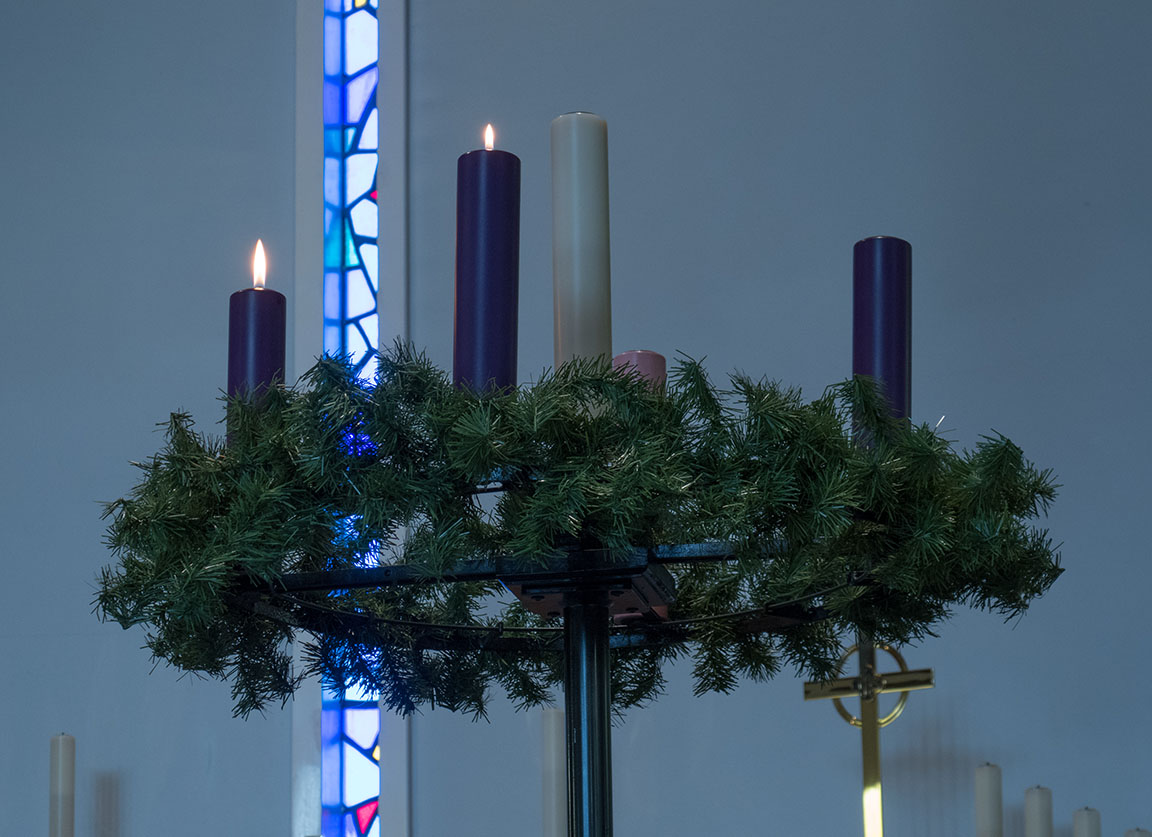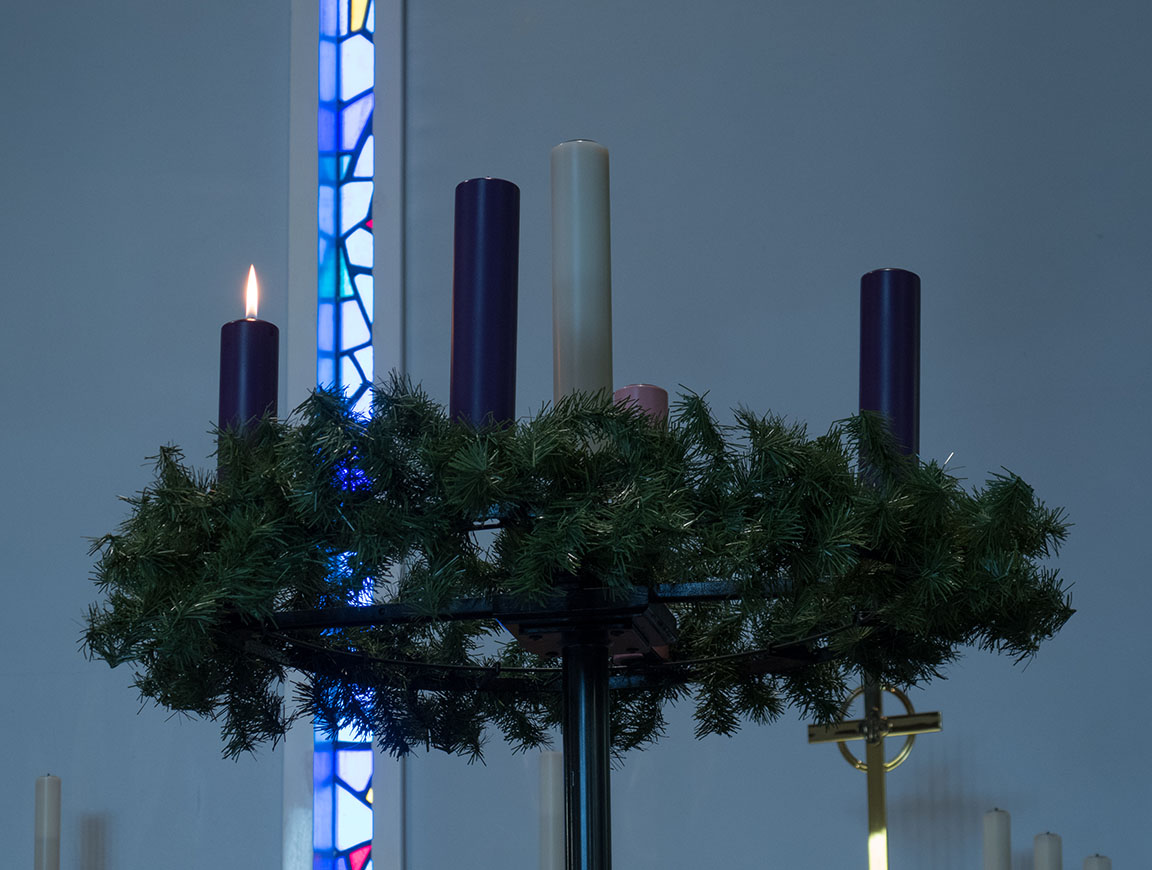The following statement from President Harrison is intended not only to address the current situation in our country, but also to provide a continued confession of the LCMS’ position opposing abortion. President Harrison’s statement is available for use in your congregation, local paper or any avenue proper for your situation.

Lutherans for Life
“In him was life, and the life was the light of men” (John 1:4).
On Jan. 22, 2019, the 46th anniversary of the Roe v. Wade Supreme Court decision legalizing abortion on demand, the governors of both New York and Illinois signed laws to extend and promote abortion.
“This is the evolution of humankind in America,” said New York Gov. Andrew Cuomo as he signed the Reproductive Health Act into law. In Illinois, Gov. J.B. Pritzker signed an executive order to ensure taxpayer funding of abortions, saying that it would make his state “the most progressive … in terms of women’s reproductive rights.”
Life, not death, is the goal of humanity. History testifies that death is never the means through which justice and human rights prevail. We do not advance on the graves of our children. Germany, which sought eugenics as the solution to problems, now has strict abortion laws. To defend and support life is the goal of every just government, and the right to life is the hallmark of a good society.
Yet abortion laws have allowed the abortion of more than 61,000,000 children since Roe v. Wade. That’s nearly 50 times the number of American soldiers killed in all wars. The abortion industry and its proponents take great lengths to avoid facing the fact that abortion dismembers a living child in a horrid pool of its own blood. This is barbaric.
Abortion is a lie. Science is on the side of life. We shall stand against the barbarism of abortion until our dying breath. Abortion is illogical, as we slaughter babies in the womb while developing ever-better care for other unborn children. Abortion contradicts the natural law written on human hearts that teaches us it is wrong to kill.
Lawmakers and bureaucrats in our country have become emboldened to force citizens to go against their conscience. People publicly celebrate laws that lead to the deaths of children.
How long, O Lord, how long?
Our Christian faith teaches us to value life and to love each and every person as our neighbor. Love is life, and life is the great gift of love. Death is our natural enemy. This can be seen in our lives and in our world each day. Even the birds that seek food in winter testify that life is the goal of their movements and their work. The flowers that grow toward the sun seek the light that enlivens them. We all live under God, who grants life to His whole creation.
And in the giving of His Son to be the Savior, God shows that He is the Lord of life. Jesus came to love. He taught us to love all people, including those whom we consider our enemies. He taught us to unconditionally love every person, even those whom this world considers unworthy of love. Jesus not only taught us to love. He brought healing and wholeness to the broken. He proclaimed peace to those who were troubled. He sat with those who were excluded. He lifted up those who were beaten down. But most of all, He loved through the sacrifice of His own life on the cross. He died to forgive the sins of all humanity. His forgiveness is a free gift for all who trust in Him, including those who suffer from guilt for aborting their child. He rose on the third day.
The resurrection of Jesus is God’s grand statement that life is the goal of this creation. The resurrection of Jesus proclaims that all creatures find the goal of their existence in life. Just as God raised Jesus from the dead, so we learn that God treasures life over death.
We live as citizens in this world, and we seek to be obedient to our nation’s laws. We thank God for our leaders and for this great land He has given to us and for its precious freedoms and opportunities. The Lutheran Church—Missouri Synod advocates strong citizenship and active participation in government. We obey the laws of our land and encourage those around us to do so.
We are, however, bound by our conscience to speak against those laws that are unjust and, especially, those laws that violate God’s law and the natural law that binds all mankind. Abortion and other means through which humans kill humans violate these natural and moral laws that form the foundation of society.
Therefore, we stand against these actions and against all laws that sanction abortion or the taking of innocent life. We cannot stand silent when people elected to positions in which they are to protect citizens continue to pass laws and advocate for legislation that undermines the sanctity of human life. Our conscience is bound by both the Word of God and reason to speak for life as a precious gift of God and to speak against any and all who promote the killing of unborn children. We cannot hide the evil of these laws under the banner of “rights” or “privilege.” Children’s lives are at stake. They cannot speak for themselves. We will speak for them, and we will work to protect their lives.
And we will continue to work to love and support the women who face difficult choices or suffer from the consequences of abortion. We support young mothers who have chosen life for their children. We work to provide adoption and other opportunities to care for children in need. And we continue to show God’s mercy to all, just as He, in Jesus, has mercy on all.
We will work, love and pray that all might know the love of Jesus and trust in Him for salvation. “In him was life, and the life was the light of men” (John 1:4).
Rev. Dr. Matthew C. Harrison, President The Lutheran Church—Missouri Synod











